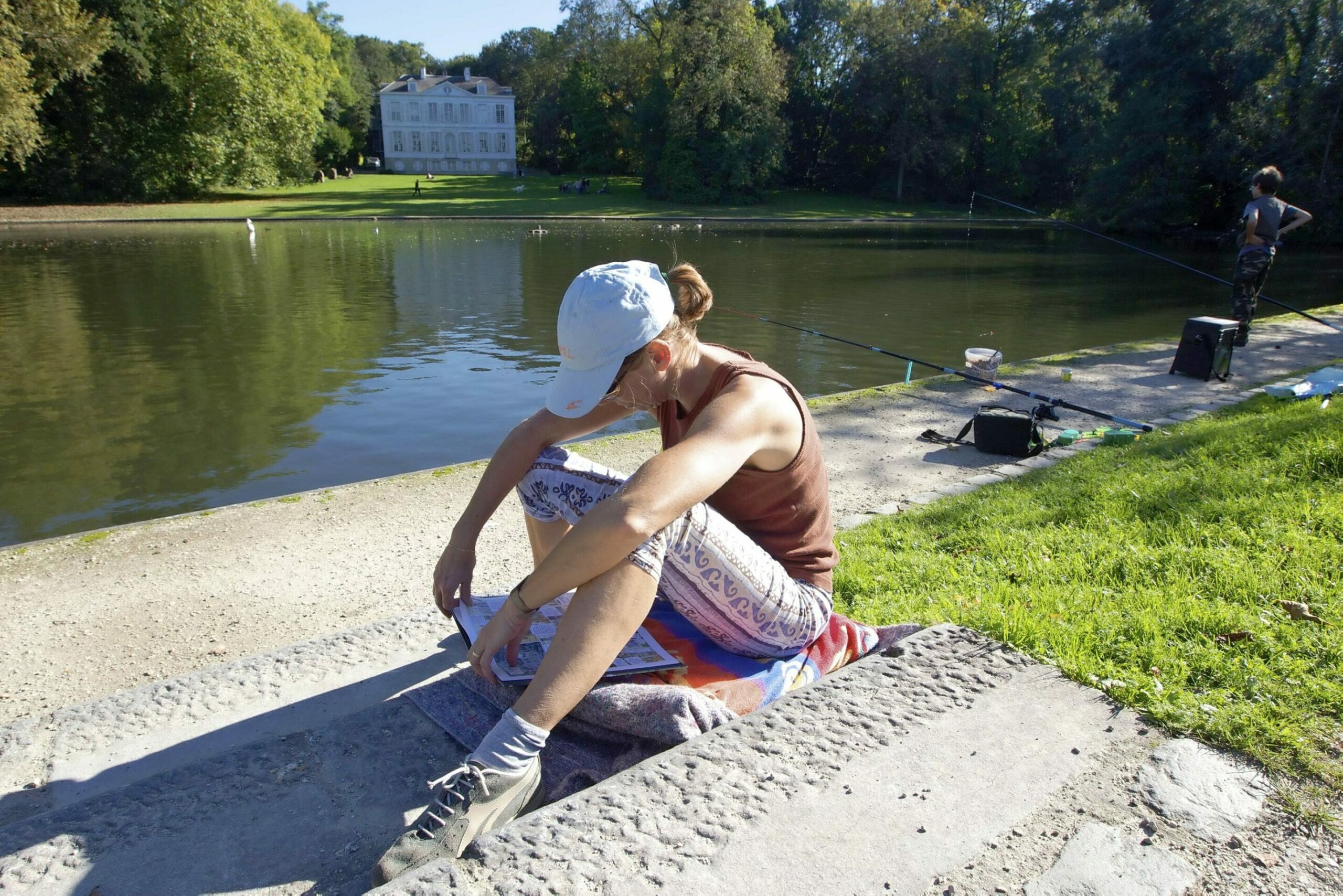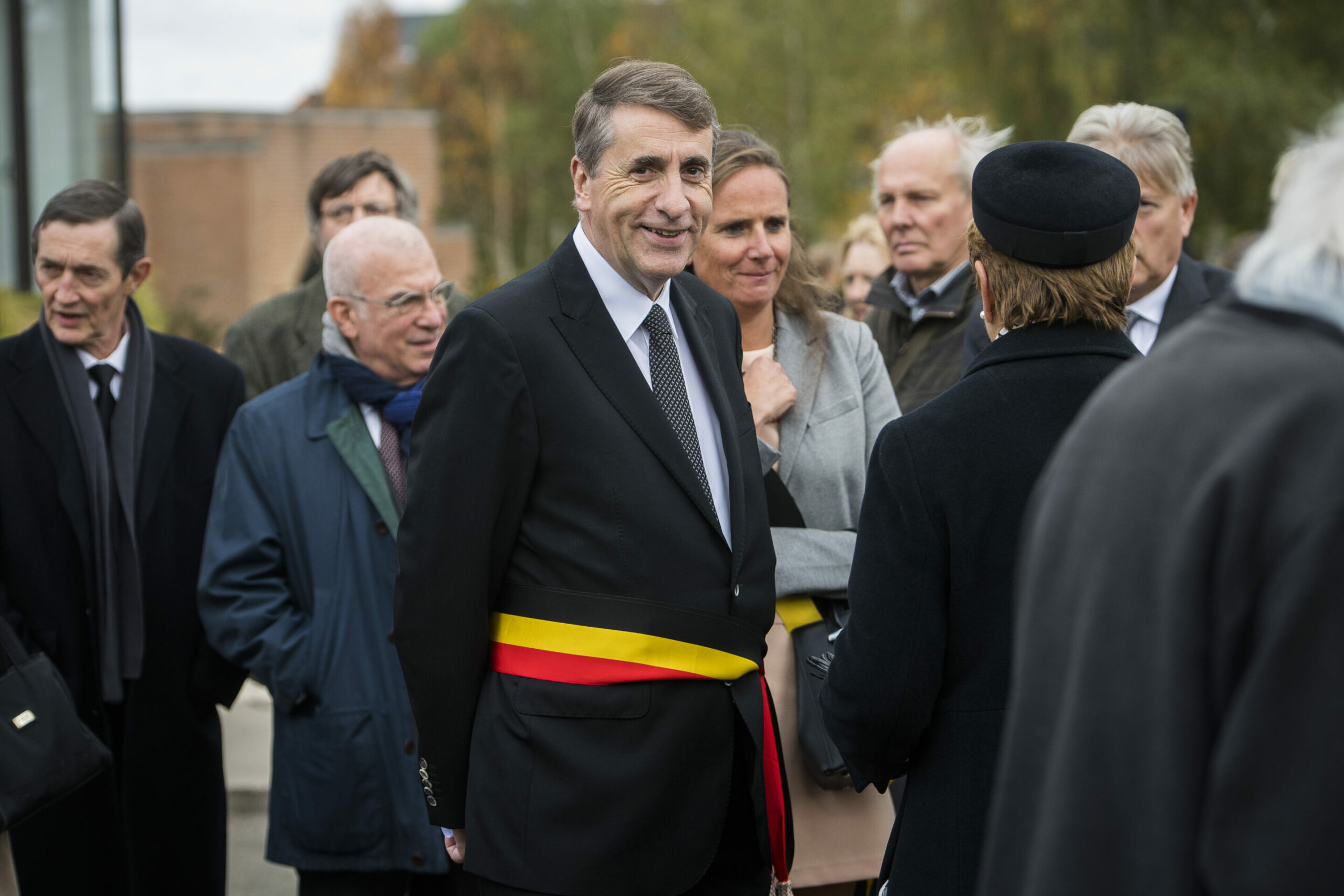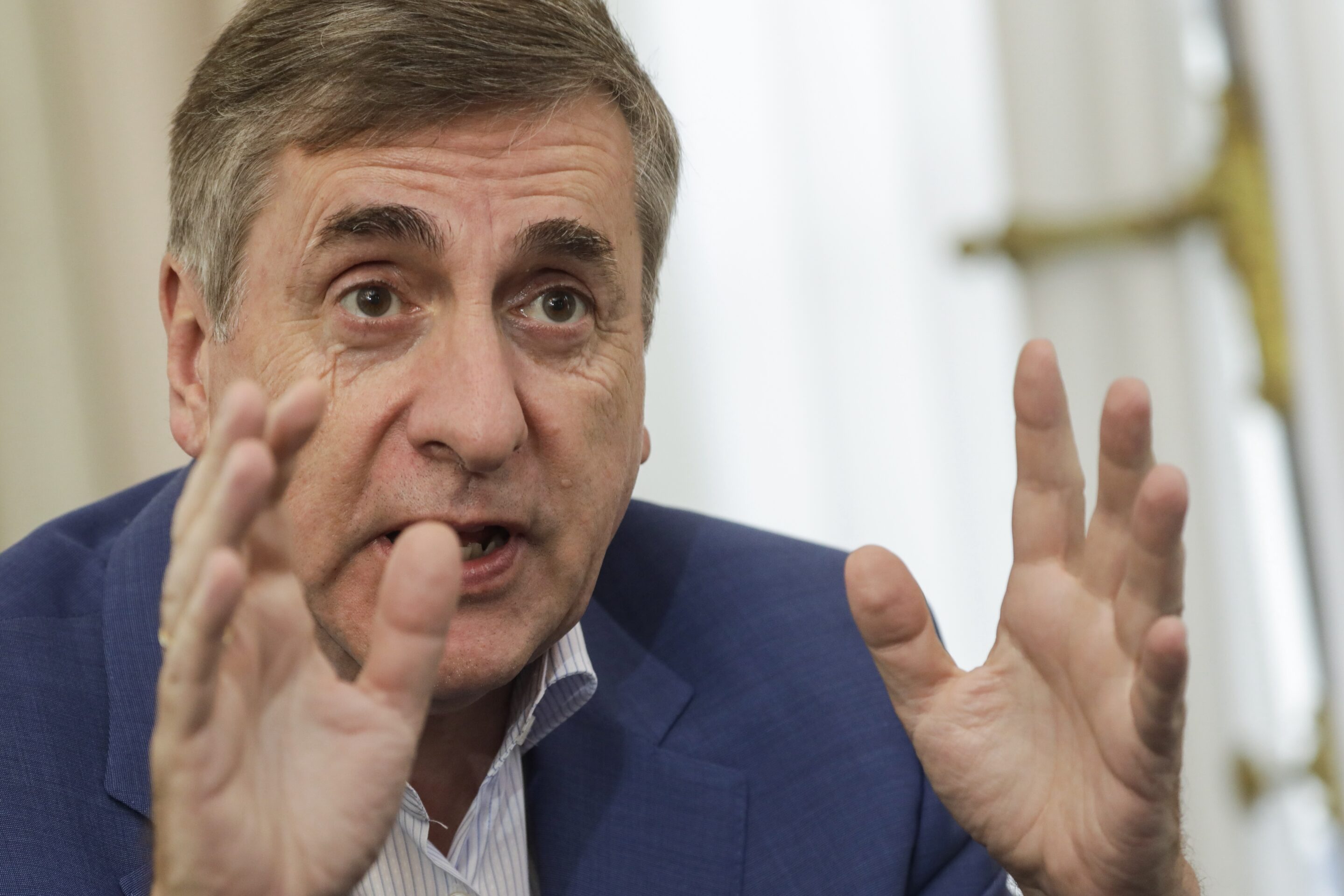Olivier Maingain was once a fixture in Belgian politics, regularly railing about the alleged abuse of francophones in the Brussels region. A national MP from 1991 until 2019, during which time he became the leader of his Front Démocratique des Francophones (FDF) in 1995 and oversaw its rebranding as DéFI in 2015. He stepped down as leader in 2019 by which time he was already focusing on local politics, having been elected mayor of Woluwe-Saint-Lambert in 2006.
Maingain’s claim to be available 24 hours a day, seven days has helped drive his popularity. “Administrating is anticipating,” the 66-year-old says, explaining that beyond the day-to-day management, politics is about preparing for future challenges.
However, his party is losing support. In the elections for the Brussels capital regional parliament last June, DéFI dropped from 10 seats to just six.
Maingain says this slump is related to communications failures – not least a scandal involving a party official accused of antisemitism. “The results have nothing to do with what we historically did, at least in Brussels,” he says. “The party didn’t properly communicate to voters on its core objectives. Hence, we couldn’t raise strong themes matching the expectations of the population.”
He is adamant that he can buck the trend in Woluwe-Saint-Lambert. “The party has historically had a strong foothold in municipalities and in recent years, but our achievements on the ground were neglected by the party’s leadership. A page is turned, and I am confident in the party’s future,” he says.
Maingain says the party programme draws on DéFI’s record leading communes (as well as Woluwe-Saint-Lambert, the party also has mayors in Auderghem and Schaerbeek). “In Brussels, our signature is first a strict and careful governance, namely in finance,” he says. “When I started my last mandate in 2018, we were at €8 million in financial reserves. Now it’s €22 million. In comparison, the 18 other communes of the Brussels Region halved their overall reserves to €60m, according to a study from Brulocalis.”

A woman reads and enjoys the good weather in Parc Malou, Woluwe-Saint-Pierre, in Brussels. Credit: Belga / Nicolas Maeterlinck
He says this cautious fiscal management puts DéFI in a strong position. “That’s how you prepare for hard times,” he says.
Maingain also points to his initiatives in energy management. “When I took office, we had no policy for energy savings and no staff dedicated to it,” he says. He launched a local plan for energy management in 2008, and the commune currently has six staffers dealing with it.
Maingain says that investments in new boilers, insulation, modern ventilation and solar panels curbed gas consumption by half and electricity consumption by 30%. “Like others, we were hit by the energy price hikes, but much less because we invested in energy savings much earlier on,” he says.
Crime and security
Woluwe-Saint-Lambert also invested in security, including local policing. “The result is swift intervention time, hence a net drop in delinquency,” Maingain says, adding that this happened even as federal police and justice systems cut budgets.
Indeed, he is quick to compare his performance with the situation at the national level. “It is one of my major frustrations as a mayor,” he says. “We don’t have the issues that occur in the centre of Brussels because we are a bit further away.” He adds that the local police work preventively, identifying dealers and suspects, and tracking them up the chain of international crime.
Quality of life is also a priority, and as a residential commune, Woluwe-Saint-Lambert is particularly sought-after by young families. It is also growing, Maingain says, saying it is now home to 62,000 people, up from 48,000 in 2006 when he became mayor.
“It should grow to 65-70,000 in 2030-33, according to projections,” he says, adding that expats account for 40% of the population. “We are the commune recommended by EU institutions when they welcome expats – not least because we are the only municipality granting a salary bonus to its staff for being able to use a foreign language other than French and Dutch,” he says.

Woluwe-Saint-Lambert / Mayor Olivier Maingain pictured during the funeral ceremony of FDF politician Georges Desir, Monday 17 October 2016. Credit: Belga / Laurie Dieffembacq
Maingain says he wants to maintain that quality of life, including easily accessible education, culture, elderly care and social services. “We create a new kindergarten every four years. We renovate our schools and sports infrastructure to make them more attractive. We are the first municipality poised to create the first housing centre for disabled elderly people,” he says.
Quality of life means also urban planning, such as traffic and rainwater management, he says. “In the Woluwe river valley, for example, we systematically build street pipes to divert excess rainwater. The result can be felt this summer: our commune was not much impacted by flooding. It’s a very long-term approach, but it eventually pays off,” he says.
Indeed, his climate plan, which has 360 separate items, has helped cut 30% of the greenhouse gas emissions from public buildings, while some 15km of bike paths have been built.
Taxes down
All this has been achieved without punishing the pocketbook, Maingain says. “We have the lowest overall taxation of the Brussels region,” he says. “We lowered our share in the income taxation from 6% to 5.4%, and we propose to lower it to 5.2%. As for the real estate tax, we are under the regional average, and we plan to lower it further if we don’t have bad surprises from the regional or federal budget grants for municipalities.”
Indeed, he consistently underlines administrative competence as a plus point: Woluwe-Saint-Lambert can afford to lower its local taxes as operating spending growth is kept beneath the rate of inflation. “Through careful staff management, automation and energy savings,” he says.
If he still speaks out about national and regional issues, Maingain says it is because they have an impact on Woluwe-Saint-Lambert. “I just need guidelines from the Brussels region and subsidiarity to implement them. This is the case for traffic management of regional roads for example, but also for defining police administrative zones, or even waste management. Give us Brussels’ budget and we’ll do better than them at the local level!”

